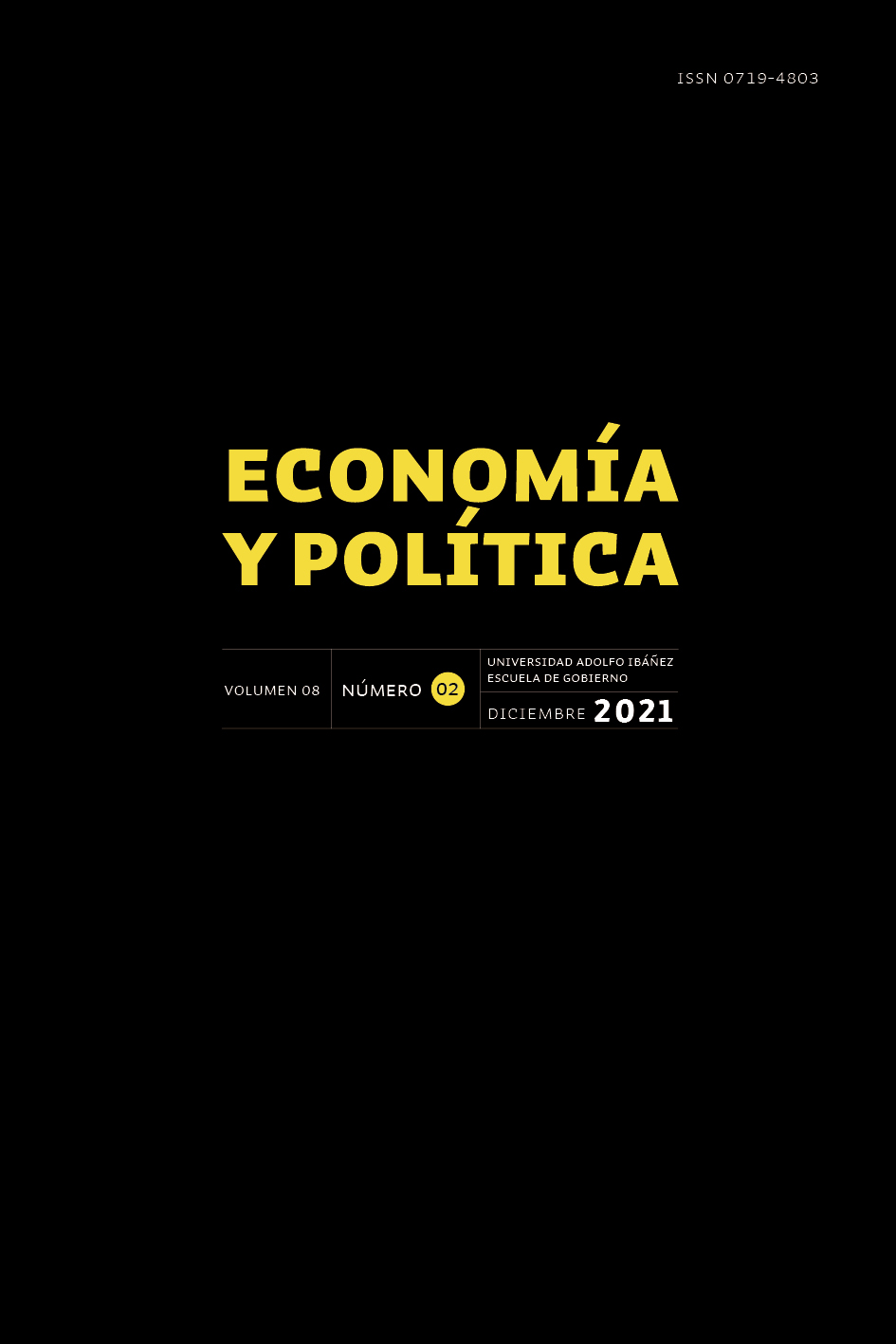Coordination and deliberation as models of public policies in inclusive education
DOI:
https://doi.org/10.15691/07194714.2021.006Keywords:
Coordination, deliberation, inclusion in education, public policiesAbstract
This article analyzes some guidelines of inclusive education and from there it proposes to contrast two models of social intervention: the contextual orientation model and the deliberative model. The first focuses on the coordination of actors and systems based on common objectives, but from divergent logics and interests. The second requires the construction of normative agreements on binding decisions to articulate intervention processes. For its part, inclusive education puts students and their diversity at the center to generate quality teaching-learning processes. This has resulted in the development of public policies, such as the Inclusion Law 20,845. We argue that a social policy like this can be nourished by the elements proposed by both theoretical perspectives. On the one hand, the contextual model allows us to understand as a basic element of the public policy process the diversity of logics of the actors involved. On the other hand, the deliberative model highlights the relevance of normative principles and the need for permanent dialogue between those involved.


